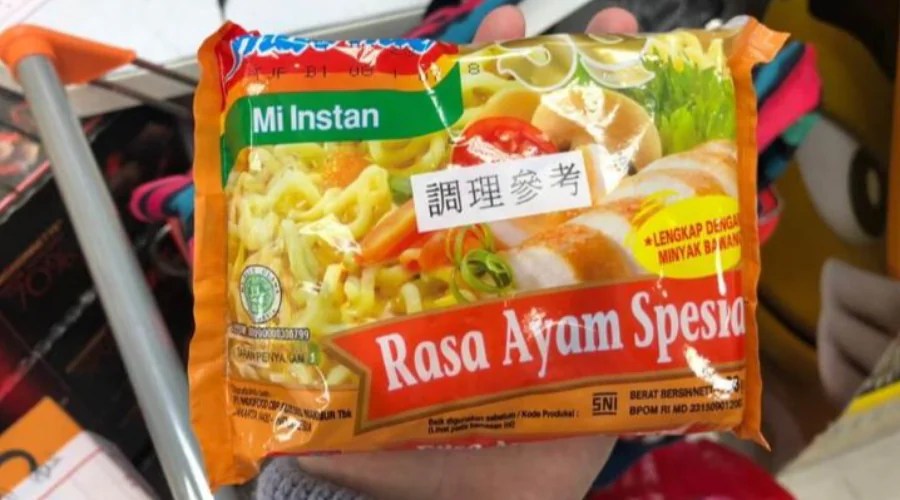
- 03 May
- 2023
Ilustrasi gambar (Kementerian Kesehatan Taiwan)
Crowded Indomie Withdrawn by Taiwan, UM Surabaya Lecturer Explains the Impact of Ethylene Oxide if Consumed by the Body.
Taipei Taiwan ROC Health Department has detected a carcinogenic or cancer-causing substance in instant noodles, namely indomie imported from Indonesia. In Indomie, ethylene oxide, a carcinogenic substance, was found in the special chicken noodle soup variant.
UM Surabaya Faculty of Health Sciences (FIK) lecturer Fatin Lailatul Badriyah explained that ethylene oxide is a sterilizing agent and pesticide that is often used on materials or tools that cannot stand the heating process, ethylene oxide is associated as a carcinogenic substance that can trigger lymphoma cancer and leukemia. .
Although, the Food and Drug Supervisory Agency (BPOM) has ensured that the instant noodles with the Indomie Rasa Ayam Special brand produced by PT Indofood CBP Sukses Makmur Tbk are still safe for consumption by Indonesian people because the residue levels are still far below the threshold set by BPOM, but if consumed continuously, of course will be harmful to the body.
"The content of BTM xenobiotics, including ethylene oxide, in the long run will certainly be harmful to health, especially above the normal threshold," said Fatin Wednesday (3/5/23)
Fatin explained, new exposure to ethylene oxide can cause cancer in the long term and in large quantities. Examples of people who are at risk of developing cancer are factory workers who use ethylene oxide so that they experience exposure in large quantities and for a long time.
"The long-term impact if exposed continuously and in large quantities, especially for years, can trigger cancer," added the lecturer who is also studying the PhD Nursing Program at Kaohsiung Medical University Taiwan.
Furthermore, Fatin explained that the body is unable to compensate due to the amount of exposure that is not balanced with the detoxification process by the body due to a lack of antioxidants, both enzymatic and non-enzymatic, this causes cell mutations that lead to cancer cells.
"In health and nursing, something that is excessive can cause homeostatic imbalance so that the body's metabolism is increased and disturbances occur in cells, tissues and organs," concluded Fatin.










(0) Comments